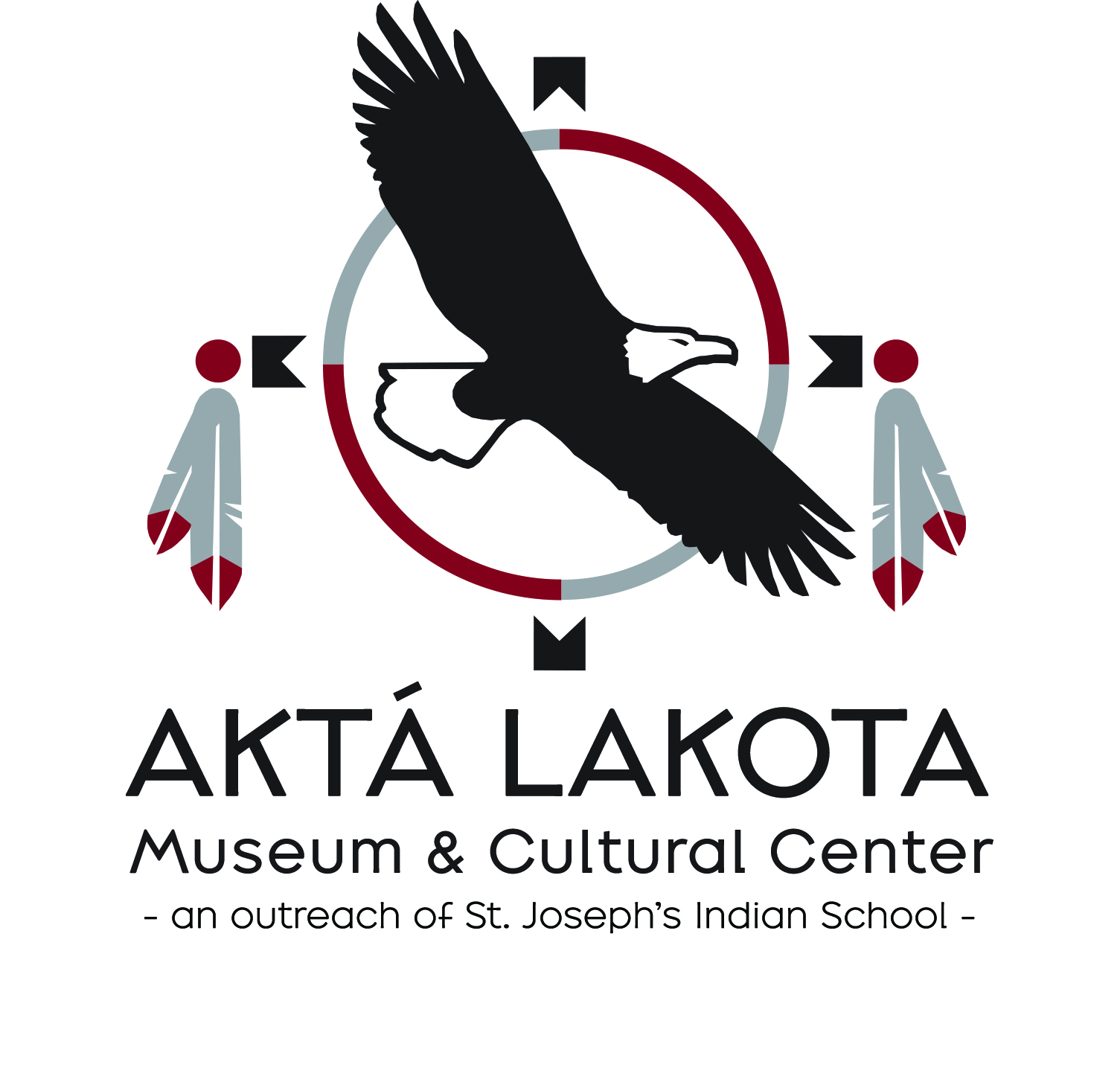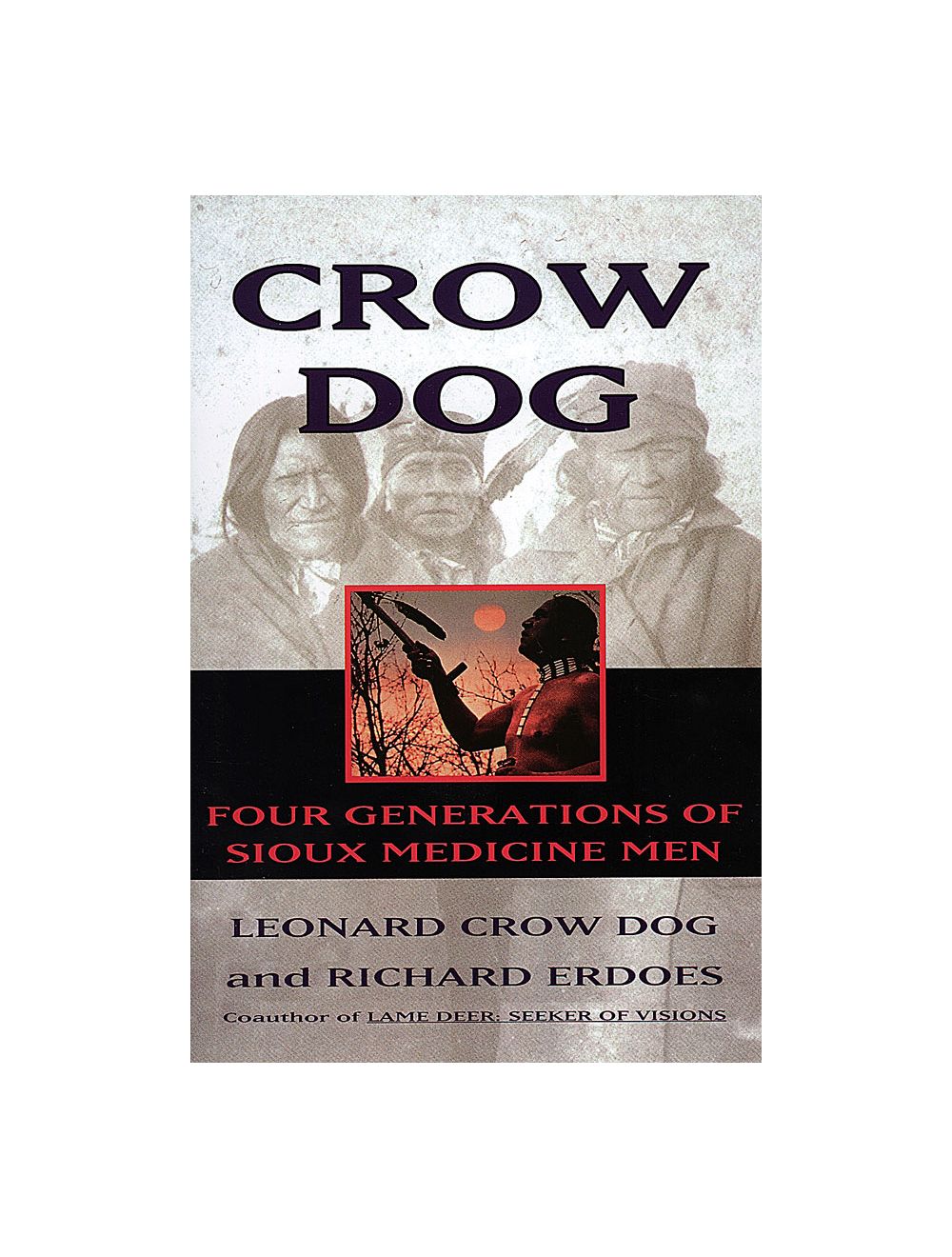Author: Leonard Crow Dog, Oglala Lakota
Author: Richard Erdoes
In January 1890, Leonard Crow Dog's great-grandfather, Jerome Crow Dog, surrendered to the U.S. Army; he was the last of the ghost dancers, who brought a "new way of praying, of relating to the spirits."
Ninety-three years later, Leonard Crow Dog revived the ghost dance at Wounded Knee. From childhood he was destined to be a medicine man; he recounts family history through four generations. Jerome was the first Native American to win a case in the Supreme Court; Leonard's father, Henry, introduced peyote to the Lakota Sioux. He details tribal ceremonies and their meanings.
By 1971, Leonard Crow Dog had become spiritual leader of the American Indian Movement. In that role and also as medicine man, he was present at the 1972 march on Washington and the siege of Wounded Knee in 1973. With Richard Erdoes, (Lakota Woman), he gives a stirring account of both events.
Product Details
Paperback: 272 pages
Publisher: Harper Perennial (January 18, 1996)
ISBN-10: 0060926821
ISBN-13: 978-0060926823
Product Dimensions: 8 x 5.3 x 0.8 inches
Author: Richard Erdoes
In January 1890, Leonard Crow Dog's great-grandfather, Jerome Crow Dog, surrendered to the U.S. Army; he was the last of the ghost dancers, who brought a "new way of praying, of relating to the spirits."
Ninety-three years later, Leonard Crow Dog revived the ghost dance at Wounded Knee. From childhood he was destined to be a medicine man; he recounts family history through four generations. Jerome was the first Native American to win a case in the Supreme Court; Leonard's father, Henry, introduced peyote to the Lakota Sioux. He details tribal ceremonies and their meanings.
By 1971, Leonard Crow Dog had become spiritual leader of the American Indian Movement. In that role and also as medicine man, he was present at the 1972 march on Washington and the siege of Wounded Knee in 1973. With Richard Erdoes, (Lakota Woman), he gives a stirring account of both events.
Product Details
Write Your Own Review





